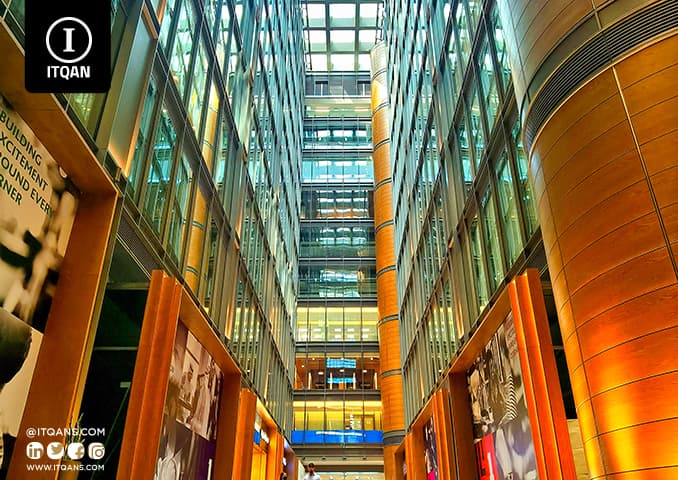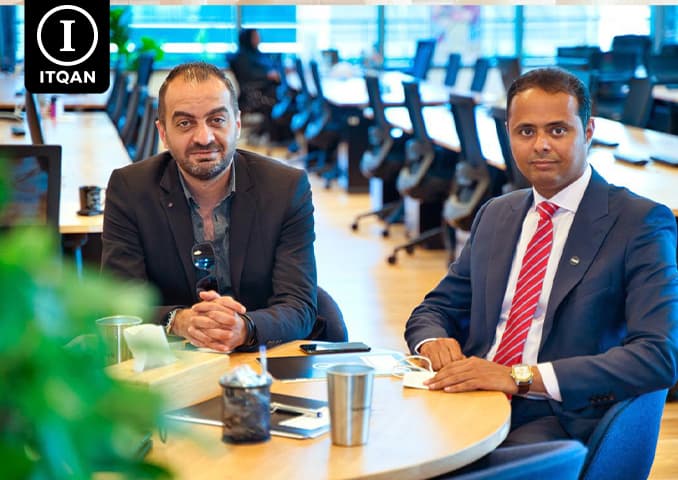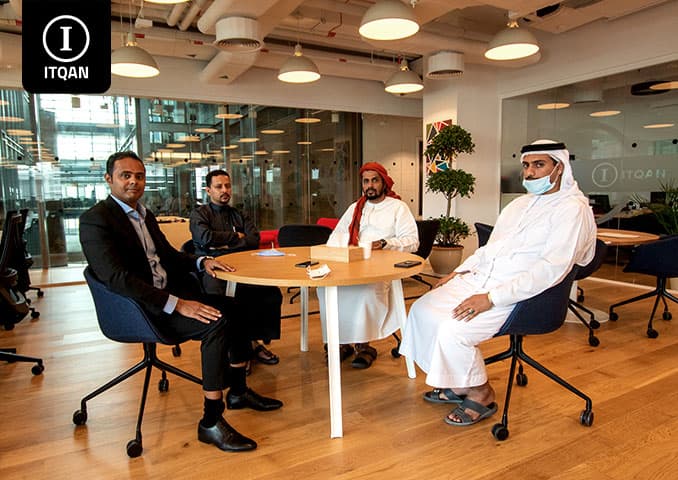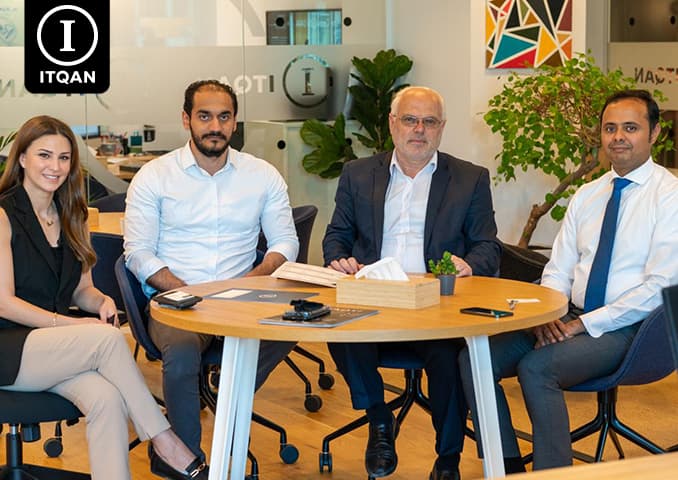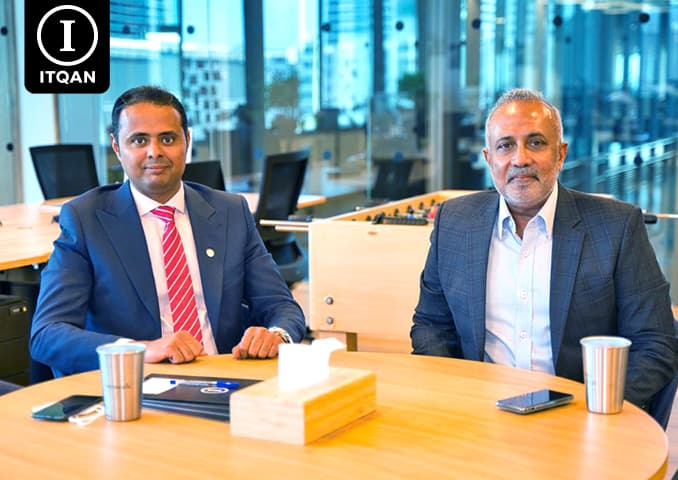Opening a commercial register and a commercial license in Dubai
Dubai is one of the most attractive destinations for commercial investment in the world, providing a dynamic and thriving business environment. The process of opening a commercial register and obtaining a commercial license are essential steps that any investor or entrepreneur must follow to start their project in this vibrant city. Opening a commercial register […]
Opening a commercial register and a commercial license in Dubai Read More »


